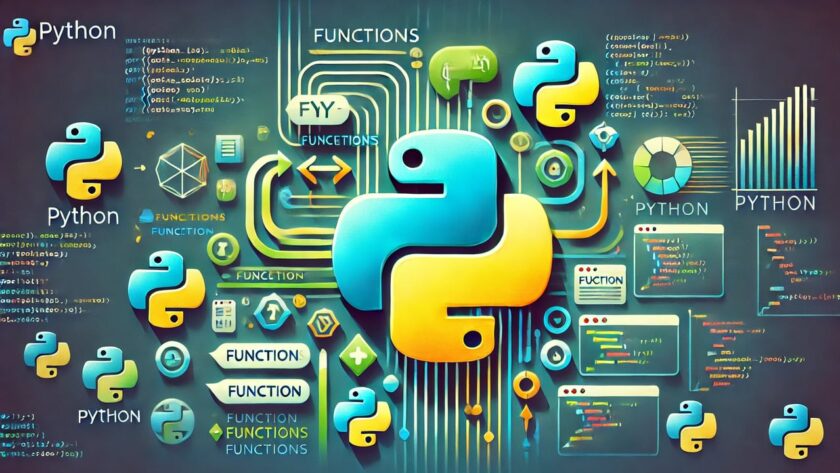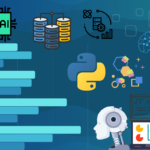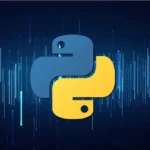Python is one of the most popular programming languages in the world, praised for its simplicity, readability, and vast range of applications. If you’re new to programming or looking to dive into Python, this guide will walk you through the essential concepts and help you get started on the right track.
1. Why Choose Python?
Python is a versatile language used in various fields such as web development, data analysis, artificial intelligence, machine learning, and more. Its syntax is clean and easy to understand, making it ideal for beginners. Whether you are building simple scripts or complex applications, Python’s capabilities are vast.
2. Setting Up Your Python Environment
Before you start coding, you need to set up Python on your machine. You can download Python from the official website and install it. You’ll also need a code editor like Visual Studio Code or PyCharm, or you can use an online platform like Jupyter Notebook for data-related tasks.
3. Key Python Concepts for Beginners
Understanding key Python concepts such as variables, data types, control structures (like loops and conditionals), and functions is essential for your programming journey. Once you are comfortable with these concepts, you can move on to more advanced topics like classes and modules.
4. Writing Your First Python Script
Writing your first Python script is easier than you think! Start with a simple “Hello, World!” program to see how Python syntax works. From there, you can move on to creating basic programs like a calculator or a to-do list app. Hands-on practice is the best way to learn.
5. Python Libraries and Resources
One of the major advantages of Python is its rich ecosystem of libraries. Libraries like NumPy, Pandas, and Matplotlib are crucial for data analysis, while frameworks like Django and Flask make web development easier. There are also countless tutorials, books, and online courses available to help you on your journey.
Conclusion:
Python is a fantastic language for beginners, and learning it will open up many doors in the tech world. Start with the basics, practice regularly, and explore the vast range of libraries and tools that Python offers. Soon enough, you’ll be building your own applications and solving real-world problems.




